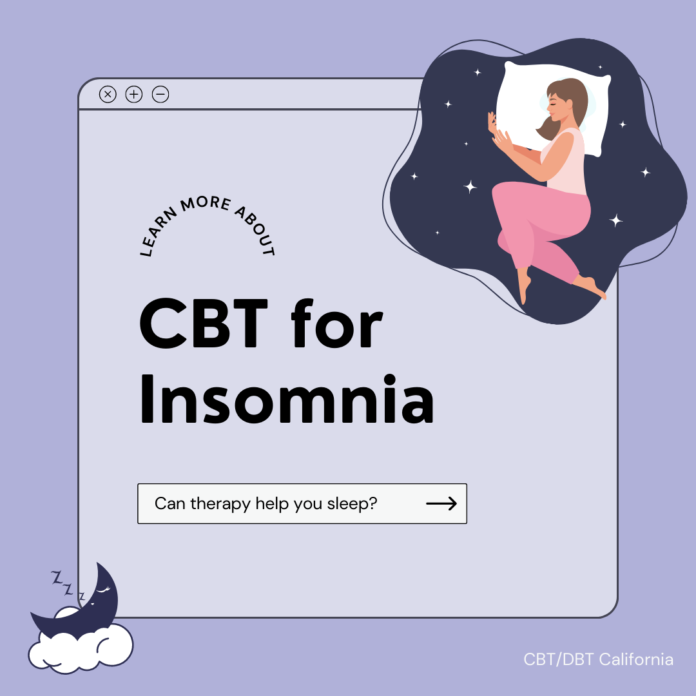Many of us know that Cognitive Behavioral Therapy (CBT) is an effective, evidence-based treatment for anxiety, depression, and other mood issues. But did you know CBT can help you sleep? Read more to learn about how CBT for Insomnia (CBT-I) can reduce sleep disruptions and improve the quality of your ZZZs.
Sleep has a tremendous impact on our health and wellbeing. Restful, high-quality sleep helps our bodies prevent and overcome illnesses, gives us energy and can even reduce the intensity of stressors. While the benefits of sleep are profound, many people still don’t get an adequate amount of sleep on a nightly basis.
Feeling exhausted and irritable, having difficulty with attention and concentration, and anxiety regarding initiating or maintaining sleep may all seem like common experiences, but they are not symptoms you need to live with. Insomnia is more than just the occasional restless night—it is a chronic sleep disorder characterized by difficulty falling asleep, staying asleep, or waking up too early and being unable to fall back asleep. Research shows insomnia can decrease cognitive functioning, impair concentration and memory, and lead to increased emotion dysregulation. The impacts of sleep deprivation extend not just to our physical health but also mental and emotional well-being. At CBT California, we offer Cognitive Behavioral Therapy for Insomnia (CBT-I), an incredibly effective approach to combat insomnia and improve sleep quality.
CBT-I is an individualized, structured, and time-limited form of psychotherapy that targets patterns of behavior and thoughts associated with insomnia. Unlike medication-based treatments, CBT addresses the root causes of insomnia by modifying thought patterns, emotions, and behaviors that contribute to sleep disturbances. In addition, CBT-I includes practical techniques to improve sleep hygiene and promote relaxation.
The main components of CBT-I include:
- Evaluating your personal sleep patterns and identifying underlying factors contributing to insomnia.
- Education on sleep hygiene and developing a customize routine including habits that promote better sleep.
- Cognitive restructuring: through research-supported inventions and exercises, individuals challenge and modify inaccurate or unhelpful thoughts about sleep.
- Stimulus control to grow the association between one’s bed and sleep and reduce sleep disturbances.
- Sleep restriction practices to limit time in bed to build a stronger sleep-wake cycle, gradually increasing time spent asleep.
- Relaxation training to not only reduce stress and anxiety, but to also aid the mind and body in falling and staying asleep.
By targeting ineffective thought patterns and behaviors related to sleep, CBT-I can help you reframe your beliefs about sleep and create a healthier sleep environment. Please contact us to connect with a CBT expert to help you overcome insomnia and get the rest your mind and body need! – By Ivy Levin, LCSW
Email us at info@cbtcalifornia.com or call 800-624-1475 to learn more, schedule a free 10 minute consultation call with a clinician, or schedule an intake appointment.


